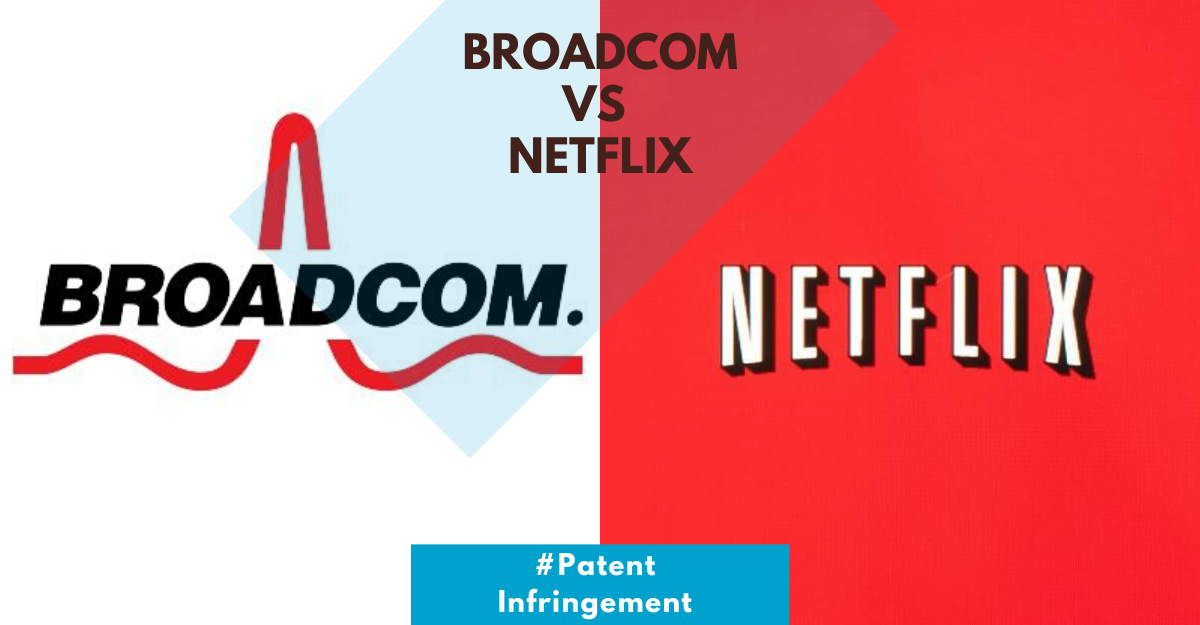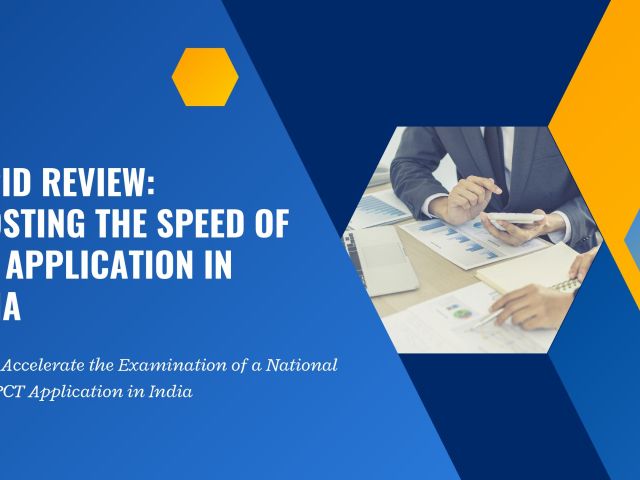On 13th March 2020, Broadcom, an American semiconductor company, filed a patent infringement suit against the media streaming service and producer Netflix Inc. in the Northern District of California. Broadcom is a leading company in the semiconductor industry, and it manufactures chips and traditional cable set-top boxes. Its sales have taken a significant hit in recent times as many consumers are moving towards online streaming services like Netflix. Broadcom alleges that, in addition to harming Broadcom’s sales, Netflix is infringing nine of its patents. Out of these nine patents, some are of significant importance in the impending suit, and these functions are crucial for Netflix’s continued service.
First, the complaint cites US Patent No. 7266079 titled “Dynamic Network Load Balancing Over 24 Heterogeneous Link Speed”. This patent balances transmission unit traffic over network links and thereby makes data transmission more efficient. Broadcom alleges that Netflix has infringed upon this patent to make sure that the consumers get a more seamless viewing experience as it transmits video files efficiently. The second noteworthy patent is US Patent No. 8959245 titled “Multiple Pathway Session Setup to Support QoS Services.” This patent claims to resolve issues that arise in the quality of the services and delivers high-quality videos by using multiple routes available in a particular network. This makes the transmission more reliable. This function is essential to Netflix because it improves its service standards drastically.
The third patent is US Patent No. 6341375 titled “Video on demand DVD system.” This is most crucial to Netflix as this has provided a new system of delivering the videos to multiple users. There were many issues with the old system that was being used by Netflix. The Broadcom complaint states, “the inventions of the ’375 Patent resolve technical problems related to conventional video-on-demand systems that require the use of physical connections and short distances between the sources of video and the decoders or players on which the end-user views video content. In prior art systems, each user has a dedicated video system, such as a DVD player and decoder at the user’s location.” The allegation made by Broadcom here is that this patent is most valuable to Netflix as it allows millions of users to stream videos on its platform, and since it has stolen this from Broadcom, it has caused harm to Broadcom’s sales.
The 4th patent to take note of is US Patent No. 8270992 titled “Automatic Quality of Service Based Resource Allocation.” Broadcom claims that this patent improves the communication network use i.e., the internet. Portable electronic devices used by consumers often have unstable network connections. They claim that this patent uses the best available network so that the consumer can have an enjoyable viewing experience.
The other patents are US Patent No. 8259121 titled “System and Method for Processing Data Using a Network,” US Patent No. 8572138 titled “Distributed Computing System Having Autonomic Deployment of Virtual Machine Disk Images,” US Patent No. 6744387 and No. 6982663 both titled “Method and System for Symbol Binarization,” and US Patent No. 9332283 titled “Signalling of Prediction Size Unit in Accordance with Video Coding.”
These methods are essential for Netflix to continue its operations. If the judgment, in this case, is decided in favor of Broadcom, Netflix will be facing severe setbacks in its business. Especially during the ongoing coronavirus pandemic, when most countries around the world have enforced strict stay-at-home orders, there has been an increased demand for streaming services by consumers.
The main contention by Broadcom is that Netflix’s infringing activities have caused a significant degree of harm to Broadcom. At the same time, Netflix has profited immensely from the use of these patents. In its complaint, Broadcom states that its representatives reached out to Netflix in September 2019, confronting them about these infringing activities and even engaged in negotiations in October 2019 to arrive at a licensing agreement. Further, Broadcom alleges that Netflix did not deny its infringement claims during this negotiating period. However, in the end, both parties could not arrive at a licensing agreement, and therefore, Broadcom has to file the present patent infringement suit.
The relief Broadcom has sought is to prevent Netflix from further infringing its patents, damages, payment of fees, and other costs borne by Broadcom and any other relief that the court thinks is suitable. Presently, this case is in the early procedural phase. However, it will have an enormous and lasting impact on both Broadcom and Netflix. Apart from this, many other streaming services are using similar technologies. This is an attempt by Broadcom to bring back the business and profits it has lost to streaming services. The legal developments and implications of this particular case should be followed up.




